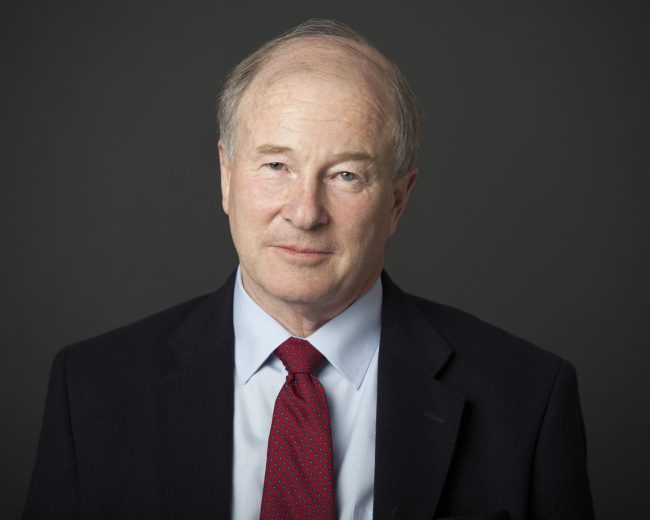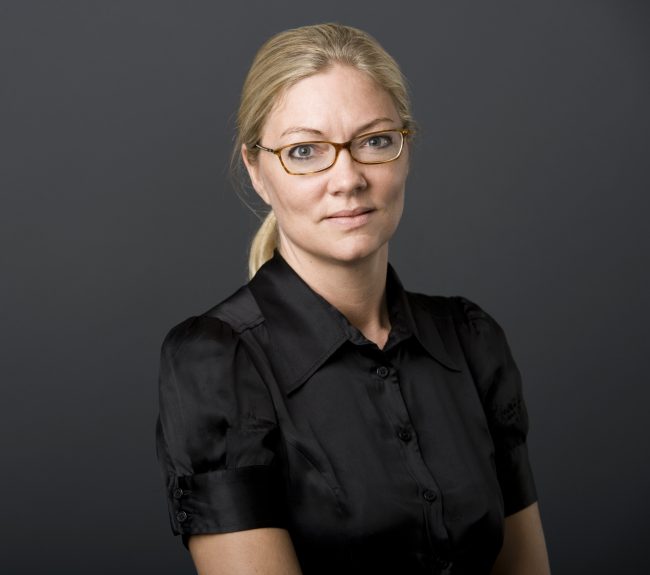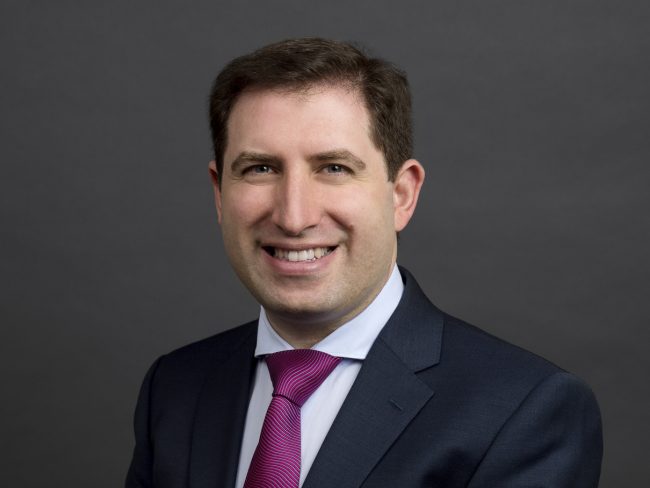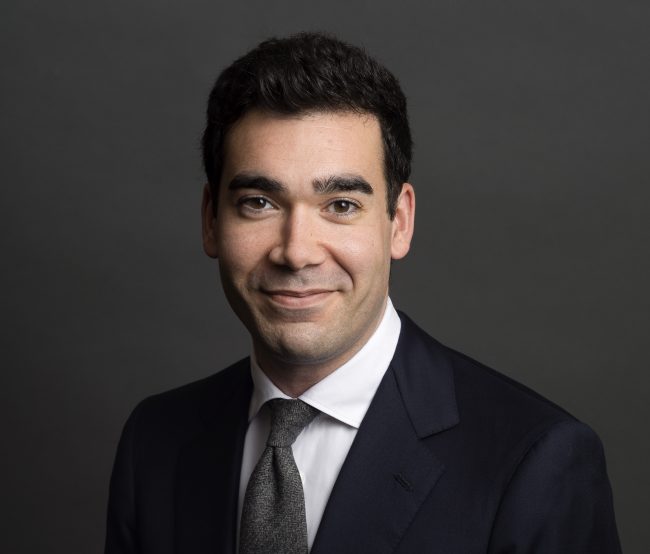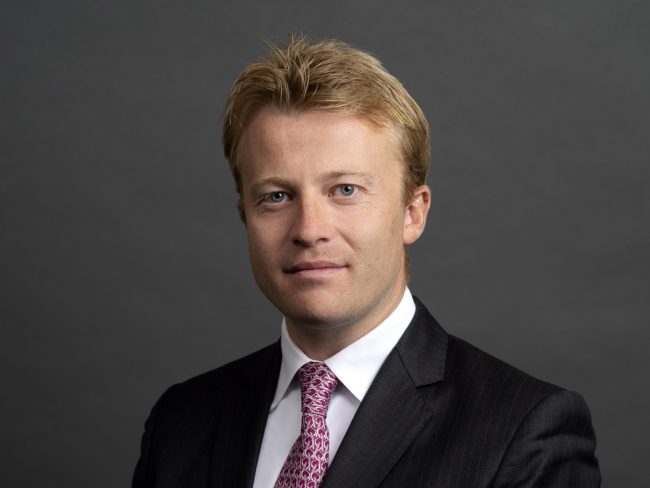Part 7 of the Building Law Reports covers the following key judgments:
- Perform Content Services Ltd v Ness Global Services Ltd [2021] EWCA Civ 981
- Matthew Rogerson (t/a Cottesmore Hotel, Golf and Country Club) v Eco Top Heat & Power Ltd [2021] EWHC 1807 (TCC)
- Maypole Dock Ltd v Catalyst Housing Ltd [2021] EWHC 1742 (TCC)
- Davies & Davies Associates Ltd v Steve Ward Services (UK) Ltd [2021] EWHC 1337 (TCC)
- Dana UK AXLE Ltd v Freudenberg FST GmbH [2021] EWHC 1413 (TCC)
Introduction to the Building Law Reports Part 7 [2021]
The Court of Appeal in Perform Content Services Ltd v Ness Global Services Ltd considered, in a technology case, a novel point where the parties had agreed to the non-exclusive jurisdiction of the English courts and the defendant was domiciled in England, but the defendant had earlier commenced proceedings in the US. Issues under article 33 of the Brussels Recast Regulations were raised. The defendant issued an application in the Commercial Court for the court to stay the proceedings or decline jurisdiction. The court stated that, in effect, since the parties had agreed that the English courts have jurisdiction, they had jurisdiction. In any event, there was a requirement to take into account all the circumstances and the first instance judge had properly considered all the relevant circumstances in declining to stay the English proceedings.
The courts in England and Wales continue to keep a close watch on the deployment of experts. In Dana UK Axle Ltd v Freudenberg FST GmbH, at the trial of a case involving allegedly defective automotive seals, after the factual evidence and the claimant’s expert evidence had been heard, the court, on the application of the claimant, excluded the evidence of the defendant’s technical experts. Grounds included that the experts were in serious breach of the CPR Part 35 Practice direction and the 2014 Guidance to Experts, which were sufficient on their own to justify the exclusion of the technical expert evidence in its entirety. Certain of the CPR Part 35 Responses from two experts were in some respects inaccurate and misleading and appeared to have been prepared with a view of obfuscation. Mrs Justice Joanna Smith said that: “The conduct of all three Experts has (at the very least) called into question the independence of their reports and the extent to which they have provided objective and unbiased opinions in those reports”. These were doubtless serious complaints and the case shows that substantial and serious non- compliance by experts of the rules governing their evidence will not be tolerated, and the evidence risks exclusion in its entirety.
In Matthew Rogerson (t/a Cottesmore Hotel, Golf and Country Club) v Eco Top Heat & Power Ltd, the TCC was concerned with a fire case in which experts for each relevant party (contractor and owner) were deployed within days of the fire to inspect the location, interview witnesses and discuss matters between themselves. This was over two years before the issue of proceedings and before any pre-action protocol process. At the first Case Management Conference, the defendant indicated that it wished to deploy a different expert. The court gave permission but only on terms that notes of a meeting at which the first expert had expressed views on the fire be disclosed. This is a relatively long-standing jurisdiction and the court drew robust inferences that there was “expert shopping” in circumstances in which the first expert had expressed views to the other experts previously which were contrary to the Defence.
Mrs Justice Jefford in the TCC in Maypole Dock Ltd v Catalyst Housing Ltd addressed a case involving “Overage” where parties buying and selling land agree that, if planning permission is obtained, the purchase payment is adjusted. The issues involved jurisdiction in circumstances where there was both an English court jurisdiction as well as an expert determination provision in the contract between the parties. The seller commenced court proceedings whilst the other party applied for a stay of those proceedings to enable the expert determination to proceed. In response, the seller applied for an injunction to prevent the expert determination from proceeding. The judge decided that, where one party was seeking to enforce a contractual right to have a dispute determined by the expert, whilst the other party was seeking to enforce a competing contractual right to have the dispute determined in court, the principles governing applications for injunctions set down in American Cyanamid had to be applied. The judge granted the injunction. The judge addressed the differences applicable as between restraining an expert determination and an adjudication.
In Davies & Davies Associates Ltd v Steve Ward Services (UK) Ltd, the TCC had to consider whether fees were payable to an adjudicator. The adjudicator had written to both parties on his nomination as adjudicator enclosing his terms and conditions which were not objected to by either party. The defendant had issued proceedings against the party which was not the named employer in the (unsigned) construction contract. The adjudicator stood down having ascertained that the contract was with the party which was not a party to the adjudication. He claimed for his fees. The case involved consideration of the Court of Appeal decision in PC Harrington Contractors Ltd v Systech International Ltd. Although the adjudicator’s reasoning in deciding to resign on the basis that he had no jurisdiction when that was not an issue which the parties had referred to him was erroneous, his terms and conditions were such that he remained entitled to payment. This case underlines the dangers faced by adjudicators in recovering payment of fees when there is a jurisdictional or conduct challenge to what they have done.
About the Building Law Reports
Edited by members and former members of Atkin Chambers, the Building Law Reports are essential reading for legal professionals, construction industry professionals, law libraries and universities. Each report provides expert commentary on key judgments from the editors, including the substance of a case and its implications on past and future decisions.
Described as “the most established and authoritative construction law reports available”, they provide comprehensive coverage from the Technology and Construction Court, Court of Appeal, Supreme Court and other relevant jurisdictions worldwide, including Hong Kong, Australia and Singapore.
Consulting Editor: The Honourable Mr Justice Fraser
General Editors: Sir Robert Akenhead, Dominique Rawley QC, Marc Lixenberg, Omar Eljadi, David Johnson, and Felicity Dynes.





